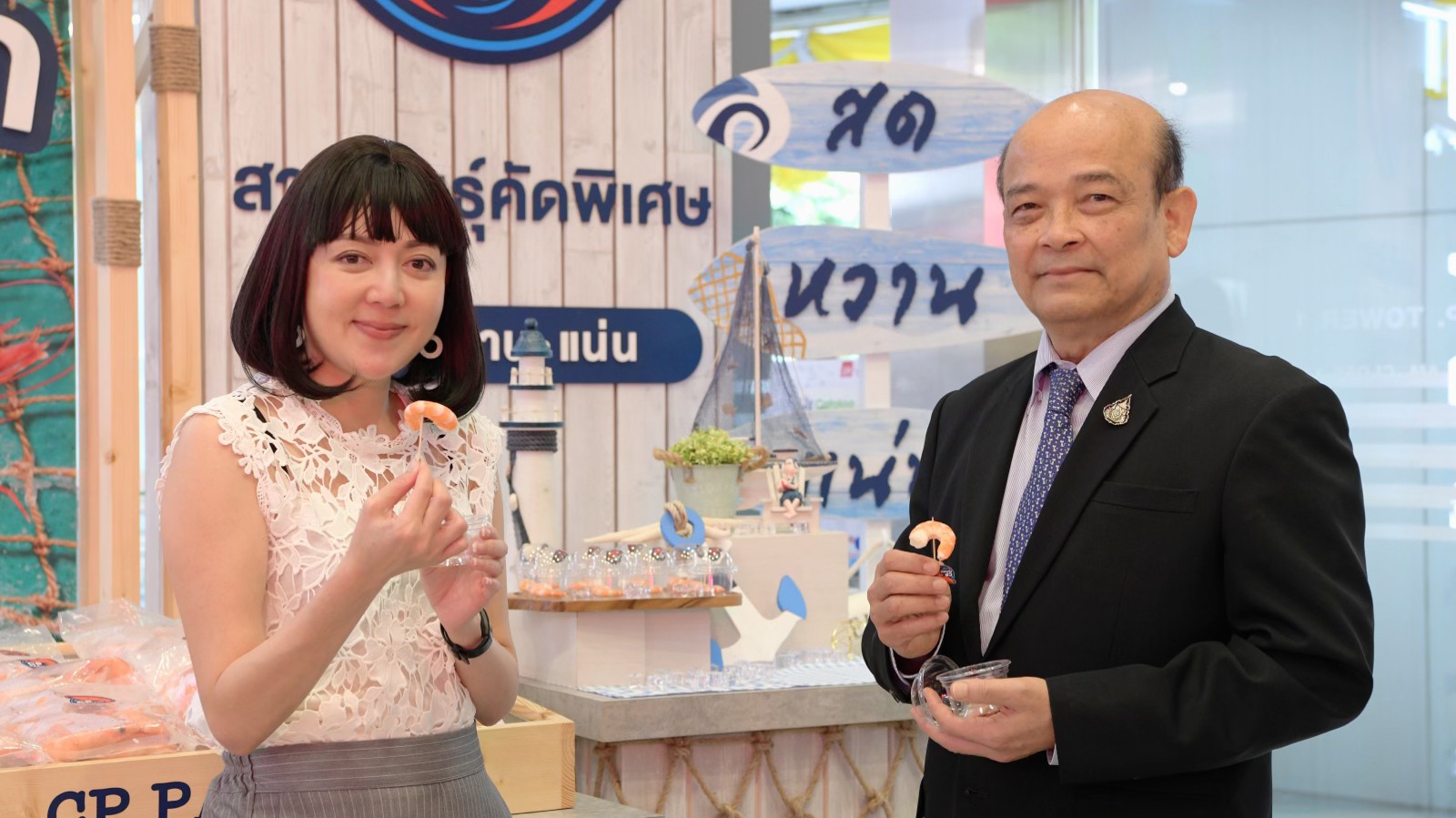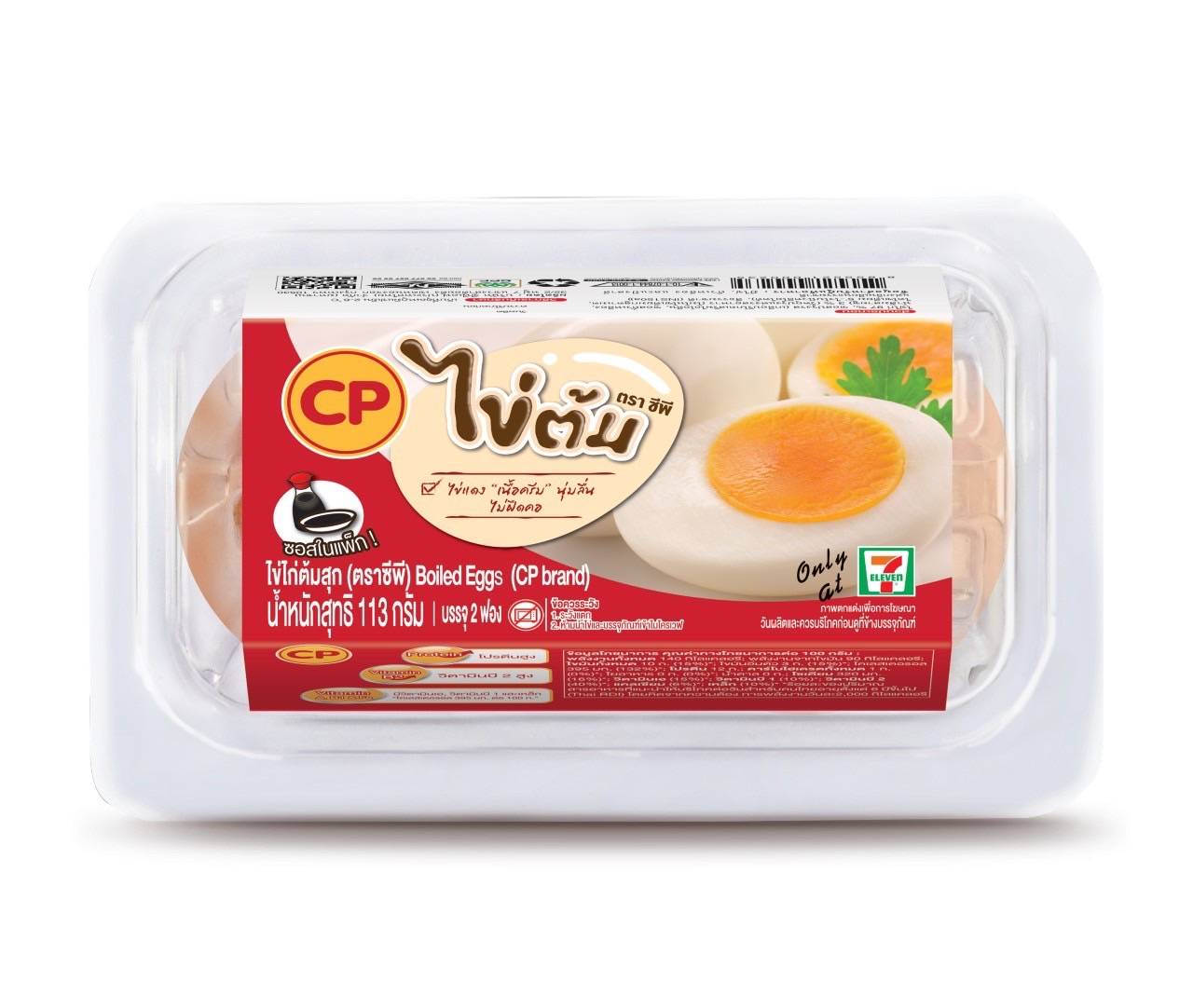

C.P.Merchandising Company Limited, the world leader in delivering high quality food products in the group of Charoen Pokphand Foods PCL (CP Foods) has released a new premium brand for shrimp called “CP Pacific”, serving tasty, healthy and eco-friendly products to Thai consumers.
Dr. Sujint Thammasart DVM, Chief Operating Officer – Aquaculture Business of CP Foods, said that the company has worked toward making sustainable aquaculture, with less environmental impact and more resource optimization. CP Pacific reflects these commitments.
“The global food market is facing fierce competition due to COVID-19 outbreak. Besides the taste of product, consumers are becoming more and more concerned about healthy product, food safety, and the environmental impact from foods that they buy,” Dr. Sujint said. “CP Pacific is the product that will tick all boxes for consumers.”
He explained that sustainability and food safety are taken into account in every process. CP Foods grows its CP Pacific’s shrimps without antibiotics in a high biosecurity facility that can prevent animals from external diseases.
The shrimp feed is made from 100% sustainable and traceable ingredient to ensure that it is not from illegal, unreported and unregulated fishing (IUU Fishing).
The company also recycle water at its farm, resulting zero water discharge and less dependence on water from outside sources, which may cause an infection.
To ensure a high quality shrimp product, the company applies “3 Clean principles”, a self-invented farming technique, consisting of contamination-free baby shrimps; treated water that is clean and low in sediment; and clean floors to limit possible diseases. These techniques help improving shrimp survival rate significantly.
Healthy, clean and disease-resistant baby shrimps are sourced and raised according to internationally-recognized practices to ensure zero residues and minimal risk. All workers must be legally-recruited.
In addition, Dr. Sujint expects the company to provide more shrimps than the previous year due to better disease prevention. Meanwhile, overall domestic production will be close to the previous year at 2.8 hundred thousand tons, while the global production will be around 3 million tons.








